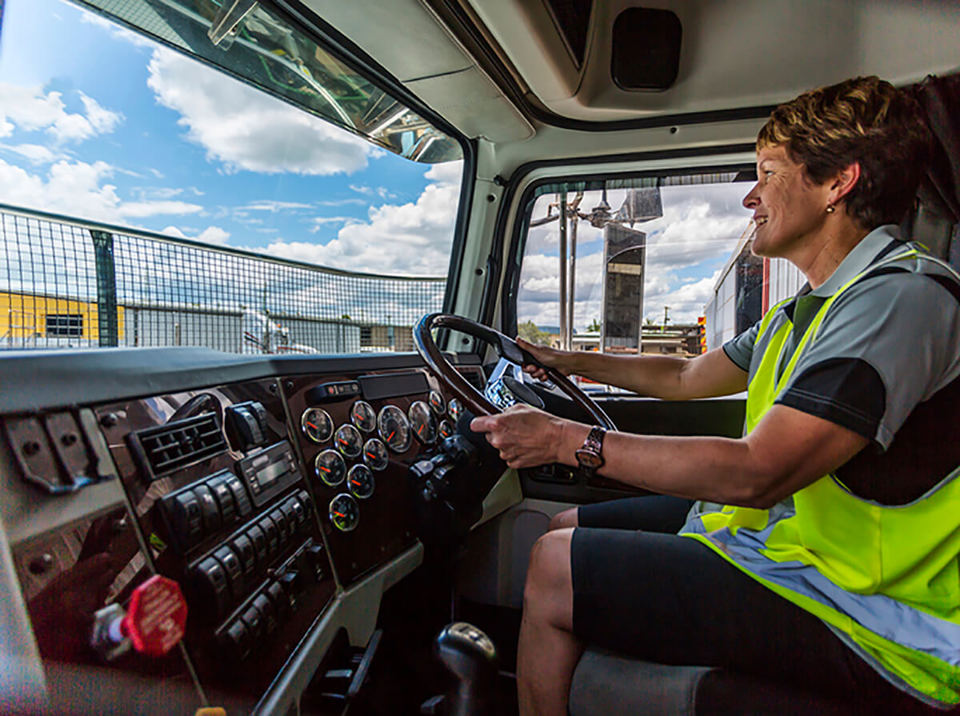The Traffic Commissioners for Great Britain have published an updated Goods Vehicle Operator Licensing Guide, which gives an overview of how the licensing system works for operators of goods vehicles.
It is intended to give a summary of operator licensing and to direct users to where further advice may be available.
The updated guidance provides clarification of modern rules and regulations and adheres to current accessibility criteria.
It includes details on what is necessary in order to hold an operator’s licence, how to apply for a licence, managing a licence, the role and responsibilities of transport managers and more.
It also includes guidance on UK fleets operating light goods vehicles (LGVs) internationally, including to the Republic of Ireland, after they fell under operator licensing rules for the first time from May.
The rule change means that operators or users of vans and other light goods vehicles more than 2.5 tonnes and up to 3.5 tonnes that transport goods for hire and reward from the UK into, or through the EU, Switzerland, Norway, Iceland or Liechtenstein, will need to obtain an International Operators’ Licence.
Introduced as part of the post-Brexit EU trade deal, the new rules apply to vans or other LGVs, vans towing trailers, cars towing trailers.
One of the many conditions of the licence is the appointment of a dedicated transport manager, with a valid Transport Manager Certificate of Professional Competence (TM CPC) qualification.
The guide can be found at: https://www.gov.uk/guidance/goods-vehicle-operator-licensing-guide.
























Login to comment
Comments
No comments have been made yet.